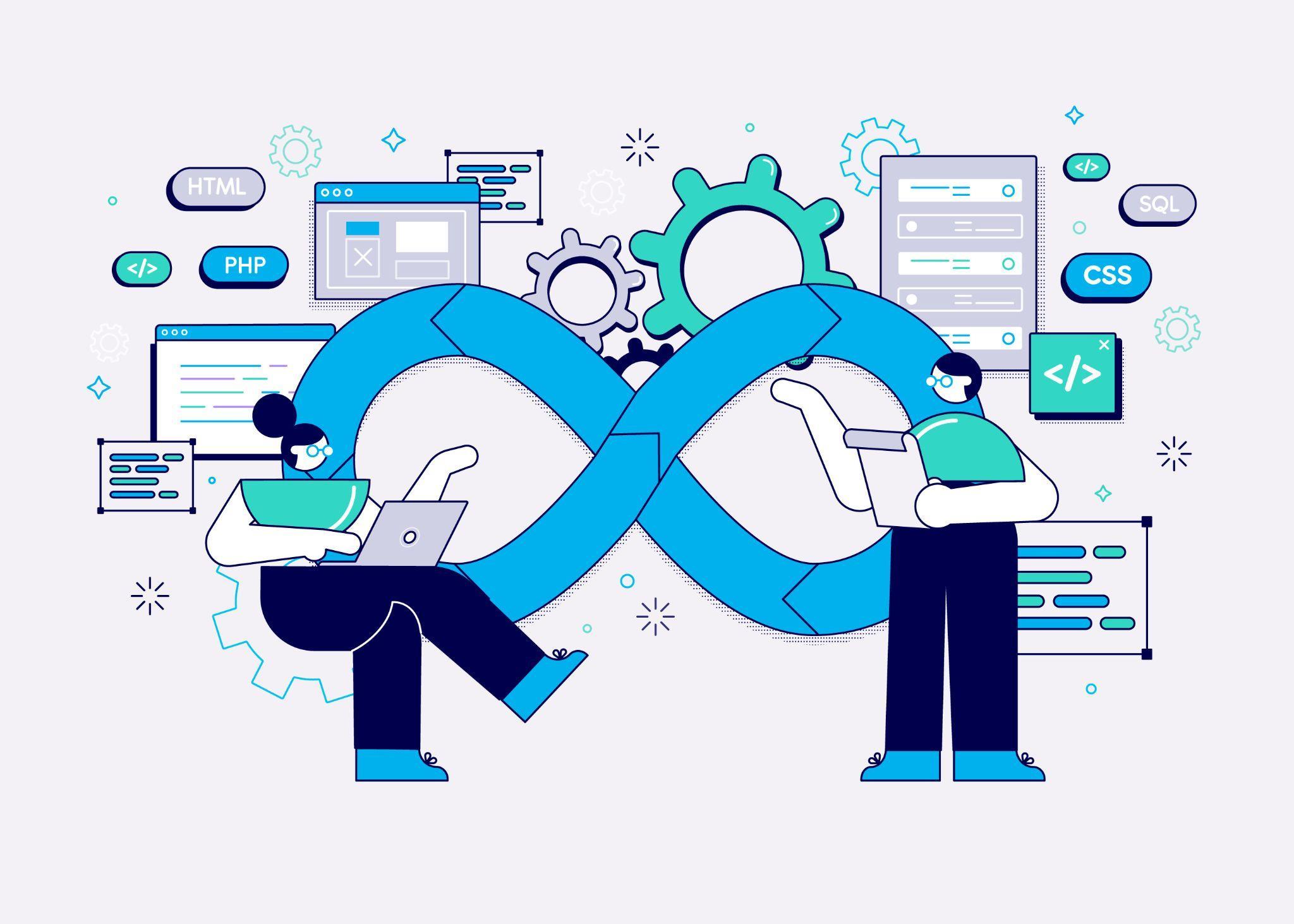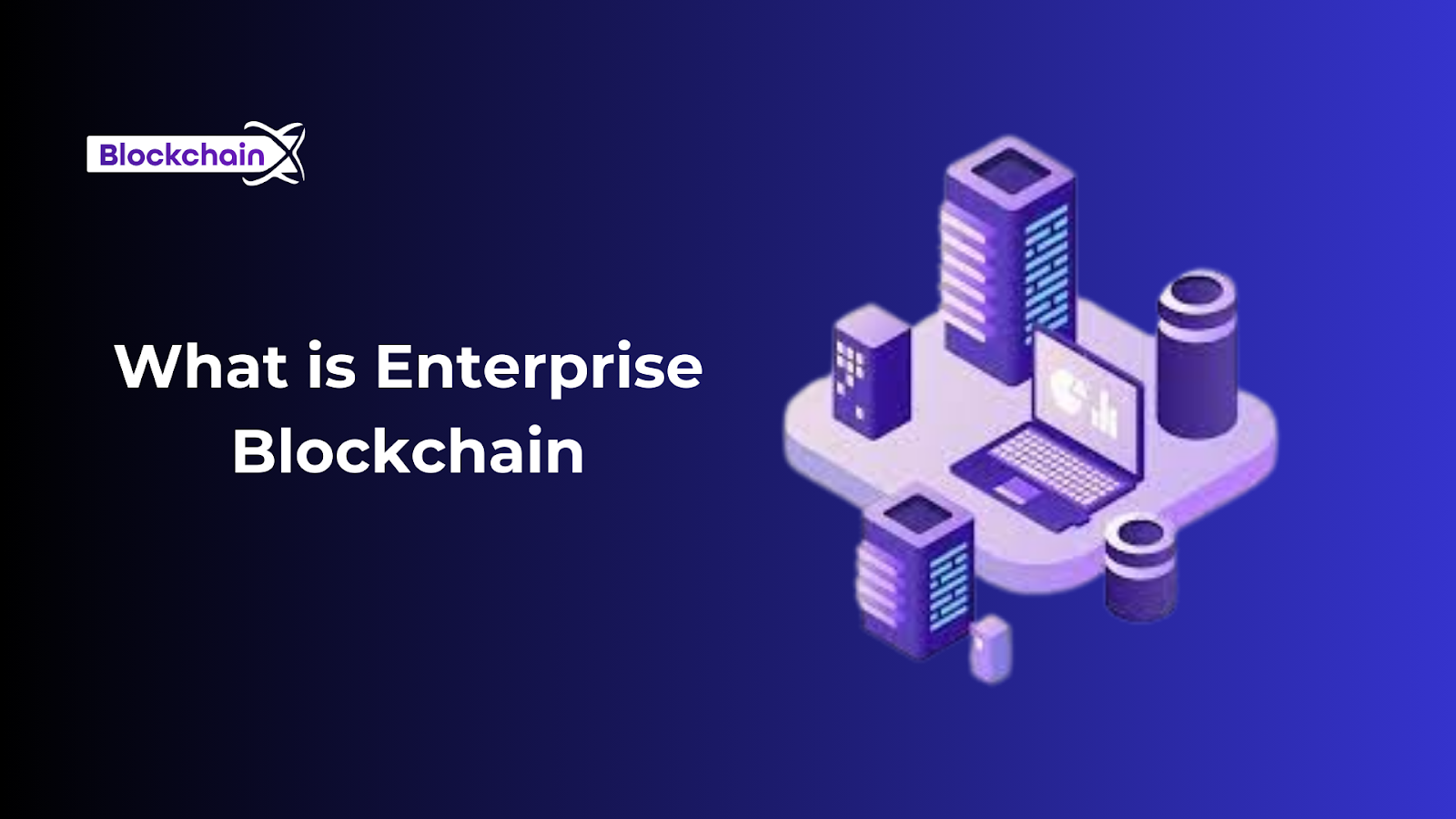In the ever-evolving landscape of software development, the need for agility, efficiency, and continuous improvement has become paramount. This has given rise to a transformative approach known as DevOps, and its adoption is swiftly becoming a strategic imperative for organizations seeking to stay competitive in today’s fast-paced digital world. DevOps is not merely a set of practices or tools; it represents a cultural shift that bridges the traditionally separate domains of development and operations, fostering collaboration, automation, and a relentless focus on delivering high-quality software at an accelerated pace.
However, embracing DevOps and implementing its principles and practices effectively can be a daunting task for many organizations. This is where DevOps consulting services come into play, offering a guiding hand and a wealth of expertise to help businesses navigate the intricacies of this transformative journey. In this article, we will explore the significance of DevOps consulting services and how they can help your organization improve the software delivery process, streamline operations, and ultimately enhance your ability to meet the ever-increasing demands of today’s software-driven world. Whether you’re a seasoned player in the software development arena or just beginning your DevOps journey, understanding the benefits and value of DevOps consulting services is critical in harnessing the true potential of this game-changing approach.
What are the Advantages of DevOps Consulting Services
DevOps consulting services offer a myriad of benefits to organizations looking to streamline their software delivery process, enhance collaboration, and ultimately achieve faster and more reliable results. Let’s delve into these benefits in more detail:
- Expert Guidance: DevOps consultants bring years of experience and expertise to the table. They are well-versed in industry best practices, tools, and methodologies, which means they can provide your organization with invaluable insights, tailored recommendations, and a roadmap for implementing DevOps effectively. Their guidance can help you avoid common pitfalls and ensure a smooth transition to a DevOps culture.
- Accelerated Implementation: DevOps consulting services can expedite the adoption of DevOps practices within your organization. Their experience allows for faster and more efficient deployment of tools and automation, reducing the learning curve and helping your teams embrace the new way of working more quickly.
- Enhanced Collaboration: One of the fundamental principles of DevOps is fostering collaboration between development and operations teams. DevOps consultants can facilitate this cultural shift by promoting cross-team communication, shared responsibilities, and a better understanding of each other’s challenges and goals. Improved collaboration leads to faster issue resolution and more reliable software delivery.
- Efficiency and Productivity: By optimizing workflows, automating repetitive tasks, and eliminating bottlenecks in your software development pipeline, DevOps consulting services can significantly enhance your team’s efficiency and productivity. This results in quicker time-to-market for your applications and reduced operational costs.
- Continuous Improvement: DevOps is all about continuous improvement and learning from your software delivery process. DevOps consultants can help you establish metrics, key performance indicators (KPIs), and monitoring systems to measure the success of your DevOps practices. They also guide analyzing these metrics and adapting your processes for ongoing enhancement.
- Risk Mitigation: Implementing DevOps can introduce changes to your software development process, which, if not managed well, can carry risks. DevOps consultants help you identify potential risks and develop strategies to mitigate them. This proactive approach ensures that the transition to DevOps is as smooth as possible.
- Security and Compliance: DevOps consultants can integrate security best practices and compliance requirements into your DevOps pipeline. This ensures that your software is developed and delivered securely while adhering to industry regulations, a critical consideration in today’s data privacy and security-conscious environment.
- Competitive Advantage: The ability to deliver high-quality software quickly is a significant competitive advantage in the modern business landscape. DevOps consulting services can help you gain a competitive edge by accelerating your time-to-market and improving customer satisfaction through faster updates and enhanced software quality.
What to Look for While Hiring a DevOps Consultant?
Hiring the right DevOps consultant is a crucial decision for any organization aiming to embark on or optimize its DevOps journey. Here are key factors to consider when looking for a DevOps consultant:
- Expertise and Experience: A top priority when choosing a DevOps consultant is their level of expertise and experience in the field. Look for consultants who have a proven track record of successfully implementing DevOps in various organizations. Their experience should encompass a wide range of technologies, tools, and industries to ensure their adaptability to your specific needs.
- References and Case Studies: Request references and case studies from past clients to gauge the consultant’s performance. Successful projects and satisfied clients serve as strong indicators of a consultant’s competence and reliability. Ask for real-world examples of how they have helped organizations achieve their DevOps goals.
- Understanding of Your Industry: The DevOps consultant must have a good understanding of your industry and its unique challenges. DevOps strategies can differ significantly between sectors, and a consultant with industry-specific knowledge is more likely to provide tailored solutions that align with your business objectives.
- Collaborative Approach: DevOps is all about collaboration. Ensure the consultant has a collaborative approach and can effectively work with your existing teams, fostering communication and teamwork between development and operations. Their ability to build bridges and facilitate cultural change is critical.
- Strong Communication Skills: Effective communication is vital for the success of any DevOps initiative. The consultant should be an excellent communicator, capable of conveying complex technical concepts to both technical and non-technical stakeholders. They should also be skilled in active listening to understand your organization’s needs truly.
- Tool and Technology Proficiency: DevOps relies on a range of tools and technologies for automation, monitoring, and continuous integration/continuous delivery (CI/CD). Ensure the consultant is proficient in a variety of these tools and can recommend the right ones for your specific use cases. Their expertise should extend to cloud platforms, containerization, orchestration, and more.
- Problem-Solving Skills: DevOps consultants often need to troubleshoot and solve complex problems. Assess their problem-solving skills by discussing past challenges they’ve faced and how they overcame them. Their ability to identify and resolve issues quickly is a valuable asset.
- Transparency and Accountability: Ensure the consultant is transparent about their approach, progress, and any challenges faced during the project. They should be accountable for their work and willing to provide regular updates and reports on the project’s status.
- Cost and Value: While cost is a factor, it should not be the sole determinant. Consider the value you will receive from the consultant’s services and how their expertise can contribute to the success of your DevOps initiatives. A lower cost may only sometimes translate to better value.
- Cultural Fit: Finally, assess whether the consultant’s values, work ethic, and communication style align with your organization’s culture. A strong cultural fit can lead to a smoother collaboration and better results.
Conclusion
In conclusion, DevOps consulting services have emerged as a powerful ally for organizations seeking to enhance their software delivery process in the ever-competitive world of technology. The journey to DevOps transformation is not just about adopting new tools; it’s a cultural shift that requires expertise, experience, and a structured approach. DevOps consultants, with their wealth of knowledge and experience, provide the essential guidance needed to navigate this transformation successfully.
By enlisting the support of DevOps consultants, organizations can benefit from expert advice, accelerated implementation, enhanced collaboration, improved efficiency, and continuous improvement. These services not only mitigate risks but also lead to cost savings, greater security, and compliance adherence. Ultimately, DevOps consulting can provide a competitive advantage by allowing organizations to deliver high-quality software faster, meet customer expectations, and adapt to the rapidly changing demands of the digital landscape.
In a world where the ability to innovate and deliver software quickly can make or break a business, DevOps consulting services offer a reliable path to success. By leveraging the expertise of DevOps consultants, organizations can foster a culture of continuous improvement, collaboration, and efficiency, ensuring they stay at the forefront of the ever-evolving technology landscape and continue to meet the demands of their customers and stakeholders.



